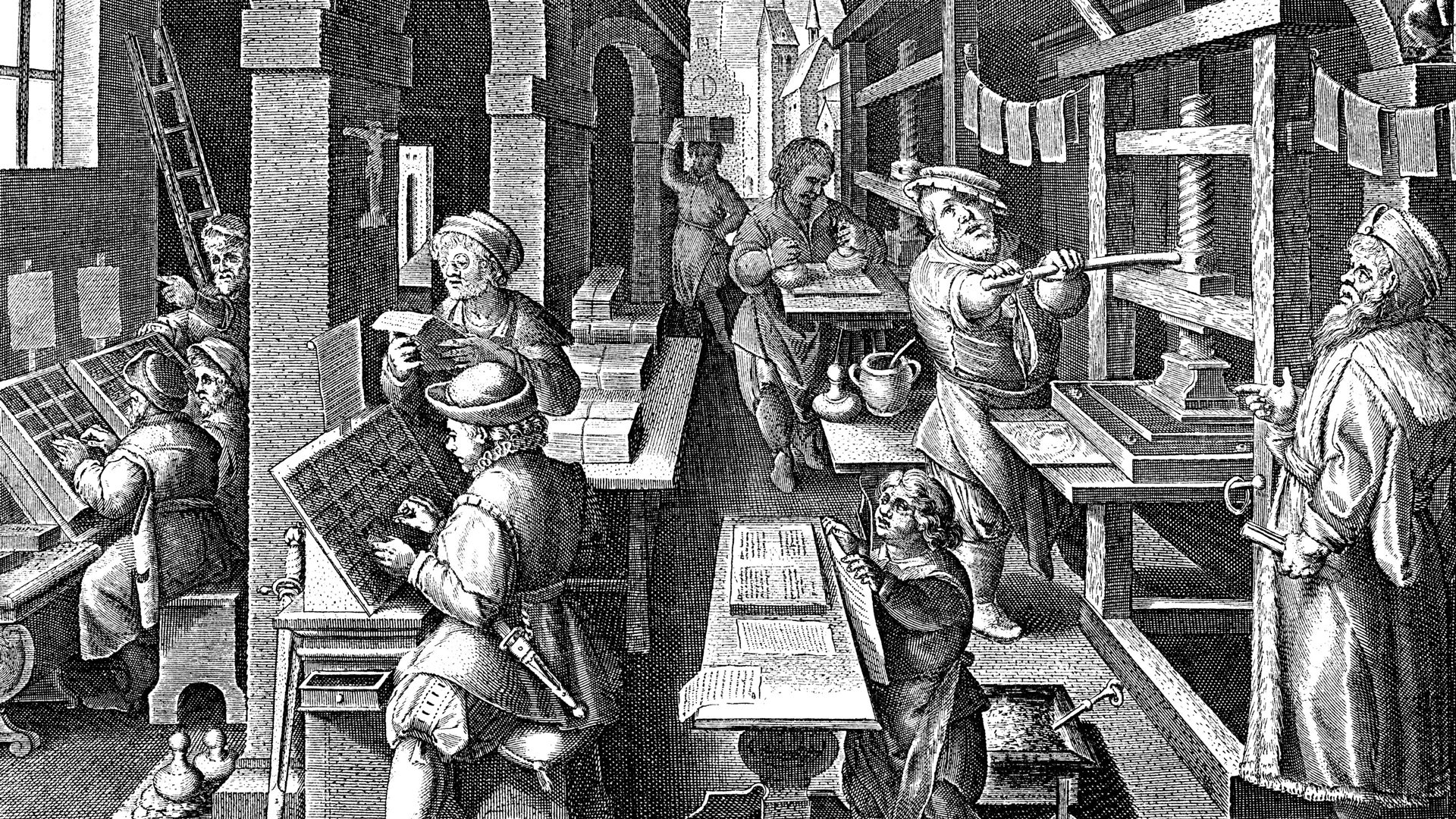Technology has profoundly shaped human civilization, driving innovation and altering the way we live, work, and communicate. From the wheel to the internet, certain technologies stand out for their transformative impact on society. This blog explores five significant technologies that have changed the course of history, examining their development, influence, and legacy.
1. The Wheel (c. 3500 BC)
The invention of the wheel is often regarded as one of the most important advancements in human history. Initially developed for pottery, it quickly became a fundamental tool for transportation and machinery.
Significance
The wheel revolutionized trade and transportation, enabling goods and people to move more efficiently. Its introduction laid the groundwork for advancements in engineering, allowing for the development of carts, chariots, and later, vehicles. The wheel’s impact on commerce and agriculture cannot be overstated, facilitating the growth of civilizations and shaping economies.
2. The Printing Press (c. 1440)
Invented by Johannes Gutenberg, the printing press used movable type to produce books and pamphlets at unprecedented speeds and volumes.
Significance
The printing press democratized knowledge, making literature and information accessible to a broader audience. It played a crucial role in the spread of ideas during the Renaissance and Reformation, fostering literacy and education. The technology helped shift power dynamics by allowing for the dissemination of revolutionary thoughts, paving the way for modern democracies and informed societies.
3. The Steam Engine (1712)
The steam engine, developed by Thomas Newcomen and later improved by James Watt, harnessed steam power to perform mechanical work, driving the Industrial Revolution.
Significance
The steam engine transformed industries and transportation. It enabled factories to be established away from water sources and facilitated the rise of railways, which connected cities and expanded markets. This technology not only boosted economic productivity but also drastically altered social structures, leading to urbanization and the modern workforce.
4. The Internet (1960s)
Initially developed as a military communication network, the internet has evolved into a global platform for information sharing and communication.
Significance
The internet has transformed nearly every aspect of modern life. It has revolutionized how we communicate, access information, and conduct business. The rise of social media, e-commerce, and online education are just a few examples of how the internet has reshaped society. Its ability to connect people across the globe has fostered collaboration, innovation, and cultural exchange, making the world more interconnected than ever.
5. Artificial Intelligence (AI) (21st Century)
AI encompasses a range of technologies that enable machines to learn from data, make decisions, and perform tasks traditionally requiring human intelligence.
Significance
AI is rapidly changing industries, from healthcare to finance, by automating processes and providing insights through data analysis. Its applications range from virtual assistants to advanced robotics and autonomous vehicles. As AI continues to evolve, it raises important ethical considerations and questions about the future of work and human interaction. The potential of AI to enhance productivity and drive innovation is immense, making it one of the most significant technologies of our time.
Conclusion
These five technologies have not only advanced human capabilities but have also shaped societies, economies, and cultures in profound ways. From the wheel’s role in transportation to the internet’s impact on global communication, each innovation has left an indelible mark on history. As we look to the future, it’s essential to recognize the potential of emerging technologies like AI while considering their implications for society. Understanding the significance of these advancements helps us appreciate the journey of human progress and the innovations yet to come.




